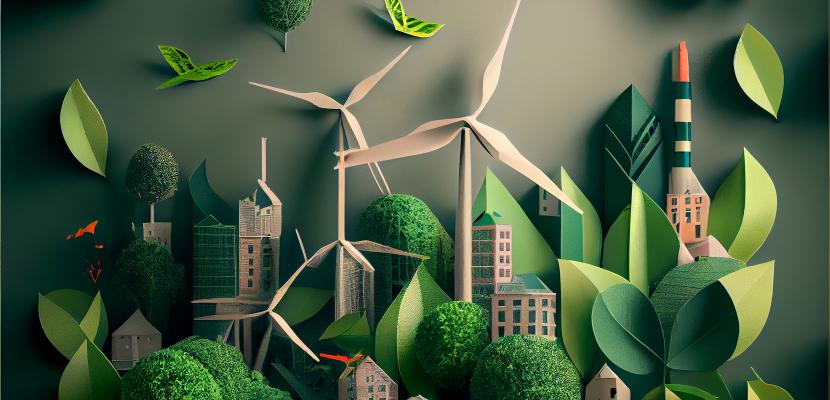
From Data to Action: CommitClimate Simulator for informed decision-making in Latvian Municipalities

About this good practice
Fossil fuel burning in urban transport, particularly commuting between suburbs, rural and urban areas, is a major contributor to CO2 emissions, alongside sectors like energy, waste, buildings, agriculture, and forestry. All of these should be considered for effective energy transition. However, a lack of skills and tools hinders municipalities from fully understanding their relative emissions and potential future scenarios. Additionally, impacts related to different implementation measures are not effectively assessed.
CommitClimate aims to address this by increasing the capacity of municipality staff and local stakeholders. The initiative of the Riga Technical University, Institute of Energy Systems and Environment, in Latvia includes the CommitClimate Simulator, a computer model for estimating CO2 emissions and modeling future scenarios considering the municipal borders. The simulator incorporates input data and outputs in various sectors, policy scenarios, measures, and national models. It is customized for each country, using default and official data and lies on realistic assumptions to reflect national conditions. Variables like land use patterns and demographics are crucial for defining sustainable mobility policies, and this are included in the simulator.
The initiative network of partners and beneficiaries across Sweden, Latvia, Estonia, and Poland helps identify national/local challenges related to energy data availability and decision-making.
Expert opinion
Resources needed
The CO2 simulator model has been developed under the ongoing Interreg Baltic Sea Region programme project Commit Climate (2023-2025). Riga Technical University was responsible for the initiative and the overall budget for development of the model and make it available is around 433.648 Eur
Evidence of success
User reviews from municipalities in Sweden, Poland and Latvia shows that the Simulator's ability to visualize different scenarios was particularly valued for its usefulness in strategic planning and decision-making. In the case of Latvia, it is significant that the simulator gives the opportunity to model situations and make decisions when accurate data is not available. The main transnational added value is the integration of different countries' energy systems in the CommitClimate Simulator.
Potential for learning or transfer
The simulation model allows municipalities to perform CO2 scenario modeling at a certain timeframe (e.g., by 2030, 2045 or 2050) and assess what measures should be taken to achieve climate neutrality in the most cost-effective way. The CO2 Simulator model provides opportunities for learning and transferring to other regions given that input data is tailored to the target region. It allows for:
- plan, design, and better implement energy transition and sustainable transport projects (local working groups);
- access to energy data, data analysis;
- development of well-established and justified energy and climate plans showing a path towards climate neutrality;
- development of technical-economic feasibility studies and a step-by-step plan for implementing activities (including the funding plan).
- a better understanding of CO2 sources in the municipality (including hitherto unknown aspects) and mitigation options,
- Climate neutrality from the perspective of the municipality.
Further information
Images
Website
Good practice owner
You can contact the good practice owner below for more detailed information.

